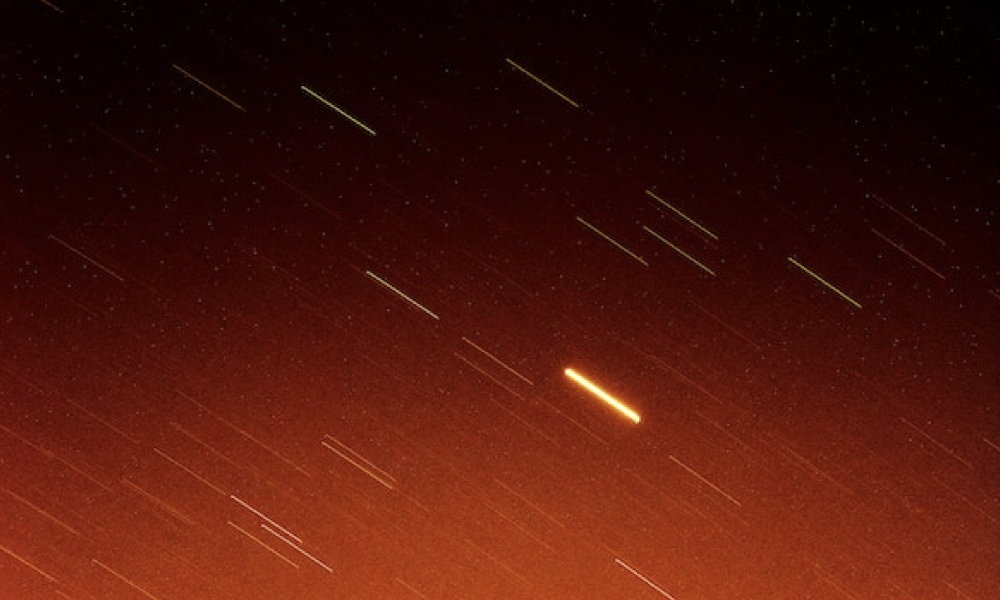
ESA Open Invitation to Tender AO9854
Open Date: 02/05/2019
Closing Date: 14/06/2019 13:00:00
Status: ISSUED
Reference Nr.: 19.154.06
Prog. Ref.: NAVISP Element 1
Budget Ref.: E/0365-10 – NAVISP Element 1
Special Prov.: AT+BE+CZ+DE+DK+FI+FR+NO+RO+CH+GB+NL
Tender Type: C
Price Range: > 500 KEURO
Products: Satellites & Probes / RF / Microwave Communication (Platform and Payloads) / Receivers / “Navigation Receivers *See AOCS & GNC – Single-frequency (Platform/Low-end missions) – Multiple-frequency (Science mission/hig-end missions)” / Satellites & Probes / Electronics / EEE Components / Connectors
Techology Domains: RF Systems, Payloads and Technologies / Radio Navigation Systems/Subsystems / Onboard Receivers / RF Systems, Payloads and Technologies / RF Payloads / Navigation Payloads
Establishment: ESTEC
Directorate: Directorate of Navigation
Department: Strategy and Programme Department
Division: NAVISP Programme Office
Contract Officer: Papaioannou, Maria
Industrial Policy Measure: N/A – Not apply
Last Update Date: 02/05/2019
Update Reason: Tender issue
The objective of this is activity is twofold: 1) to perform a dedicated System study on the use of multi-constellation GNSS forEarth-Moon missions completing previous studies, confirming feasibility, assessing achievable performances and identifying a preliminary architecture with possible enhancements/augmentation to existing GNSS constellations for Moon PNT service;2) the activity includes the development and testing of a GNSS space-borne receiver for use in future demonstrations missions, to gather data and support further system activities.The system study shall be completed in a maximum of 9 months, while for the GNSS high-sensitive spaceborne prototype receiver development a maximum of 18 months shall be foreseen (target TRL5, Elegant Breadboard).
If you wish to access the documents related to the Invitation to Tender, you have to log in to the ESA Portal.
